Revenue Cycle management services in California are the backbone of the entire healthcare industry there. Without a proper process and structure, money doesn’t flow, and the practices are destined to fail. Revenue cycle management refers to the financial system used by medical organizations to manage all the billing and revenue related operations for medical services.
It starts the minute a patient makes their first appointment and stops after they have cleared out of pocket expenses, insurance payments or contractual adjustments. In this blog, we will learn how a revenue cycle management influences the healthcare administration.
Importance of Healthcare Revenue Cycle Management Services in California
An efficient revenue cycle management gives the providers power to streamline their revenue cycle, decrease administrative burdens, and increase their return on investments. Revenue cycle management services provide the practice with a required structure important for revenue cycles and patient experience.
An optimized RCM strengthens the practice’s functions like scheduling & claim submission while focusing on patient-centric care. It also handles issues and concerns like no-shows and claim denials that can result in significant losses for the organization.
An efficient RCM service identifies potential loss sources and financial issues. Once you understand these aspects, organizations can implement strategic processes to optimize cash flow ensuring financial stability.
Revenue Cycle Management is undoubtedly the most important requirement for medical billing practices. Without a proper structure healthcare organizations are surely doomed.
Elements of an Efficient Revenue Cycle Management Services in California
An effective revenue cycle management enhances the practice’s revenue by reducing claim denials, decreasing accounts receivable days and increasing collections for healthcare practices. A well-equipped medical billing structure also helps practices meet the regulatory requirements and improves patient satisfaction.
The Revenue Cycle Management process is a structured process aiming at organizing and clarifying the revenue cycle.
The major components of revenue cycle management are as follows:
Preregistration, Registration & Scheduling
Laying the groundwork for successful patient interactions is the first step of the revenue cycle management. It is also important for communication with the insurance providers.
Hence Pre-registration includes capturing and documenting all the insurance information. During the process the administrative team informs the patient about their payment responsibilities, if any, and addresses the concerns.
After this, the registration process is used to verify the accuracy and completeness of patient information and secure co-payments.
Moreover, this step includes confirming authorizations or referrals and assigning insurance benefits. According to the American Academy of Professional Coders, this stage is the one where administrators collect demographic information.
Appointment scheduling is also of vital importance in the revenue cycle management. An efficient scheduling process can enhance your revenue, increase patient satisfaction and helps reduce the risk of no-shows.
Insurance Verification
Insurance verification is important for both pre-registration and registration. It needs a detailed explanation of its own. This is a major step needed for reducing claim denials. During the process, your administrative team will have to collect the following:
- Patient’s Insurance ID
- Policy & Group Number
- Co-payment details
- Deductible Information
- Valid Coverage Period
Coding
During the coding process, all the rendered medical services, diagnoses and procedures are converted into standardized codes. There are various classification systems such as International Classification of Diseases (ICD), the Healthcare Common Procedure Coding System (HCPCS) and the Current Procedural Terminology (CPT). All these systems are used to translate the billable information.
Once the codes are compiled and the data is translated, it creates a foundation for the claims processed by the medical billers.
Claim Submission & Payment Collections
The payment is processed only after submitting the claims to the insurance company. Any sort of delays, coding mistakes, and patient information errors will lead a claim towards denial. Clearinghouses review and validate claims to prevent all sorts of processing mistakes.
Effective collection methods are important for revenue cycle management. This is necessary to receive accurate payments. This involves sending statements to patients, reminding them of outstanding balances, and facilitating payment arrangements.
In case of persistent non-payment, a third-party collection service might come into action.
Best Practices for Revenue Cycle Management
Revenue Cycle Management depends on strategic implementation and consistency. Poor planning of Revenue Cycle Management leads to minimal return on investment. Let's learn about the best practices for a successful RCM strategy.
Maintain Clear Policies
The best practices for RCM begin with a comprehensive RCM plan with clear policies about how the processes must be carried out. All the staff or third-party vendors included must follow these policies and understand their roles completely. They must be well-versed in their roles, responsibilities and compliances within the organization.
Train Your Team
Every staff member must undergo comprehensive training for the revenue cycle process. Each member must have a good understanding of the entire revenue cycle and receive training in compliance issues, especially related to HIPAA.
Even the clinical staff can benefit from specialized training to reduce coding and billing errors. Accurate information from clinical professionals is important for coders. Moreover, administrative employees must receive training on the key metrics and their importance for optimizing the revenue cycle.
Continuous Monitoring & Auditing RCM
Good revenue cycle management needs continuous monitoring and auditing. This is important to monitor staff compliance with RCM policies and evaluate their impact on the revenue. It is also important to measure efficiency and patient satisfaction. Regular audits help practices identify the risks before they turn into problems.
External auditing services provide an extensive evaluation of billing, coding, and claim submission. Major audit areas include accounts receivable, denial management, and patient contracts. Audits consist of actionable improvement steps that may need prompt review and implementation.
Stay in Compliance
Conduct regular audits to stay informed about the changing requirements and guidelines for revenue cycle management in California. Audits provide deep insights into the regulatory compliance with strong RCM policies. This establishes a base for adherence with common areas including the HIPAA act and Affordable Care Act (ACA).
Bottomline
Revenue cycle management might not seem much until you take the services. Once you partner with healthcare revenue cycle management services in California you will see how good your revenue turns out.
Professional medical billers are well versed with all the elements needed for an effective revenue cycle management. Unify Healthcare offers an array of revenue cycle management services in California for all your specific medical billing requirements. We have a team of professional coders and billers who can handle all your medical billing and coding requirements.
We manage the billing process for a variety of big and small healthcare practices and each one of them has seen a significant growth in their overall return on investment. Unify Healthcare Services envision making medical billing easy for every healthcare practice so that each healthcare provider gets the reimbursement they deserve.
Unify Healthcare believes that medical billing is a huge hassle for practitioners. It takes up huge resources which gives the providers less time to focus on patient care. We take all this load off your shoulders so you can completely focus on improving patient care. This enhances the patient experience and the chances of you getting recommended to other patients increase. This in turn increases the footfall and with us by your side all the documentation process will be handled effectively, increasing your revenue. So, it's a win -win situation.
Unify Healthcare Services does not provide only medical billing services; we offer mental peace!








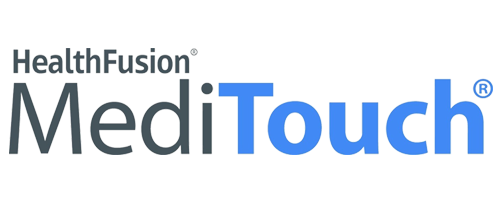





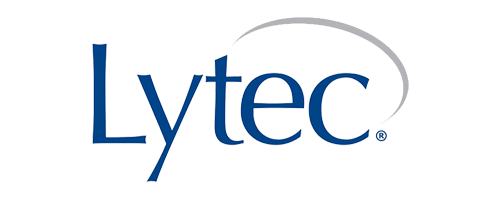

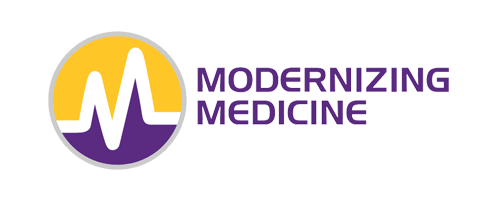



.webp)
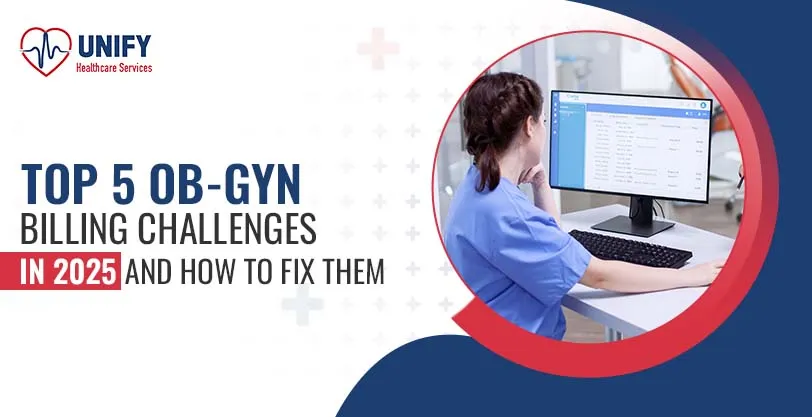
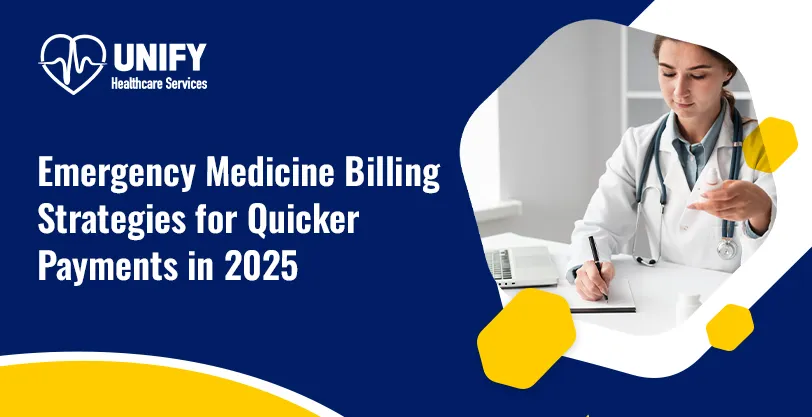

 1.jpg)
